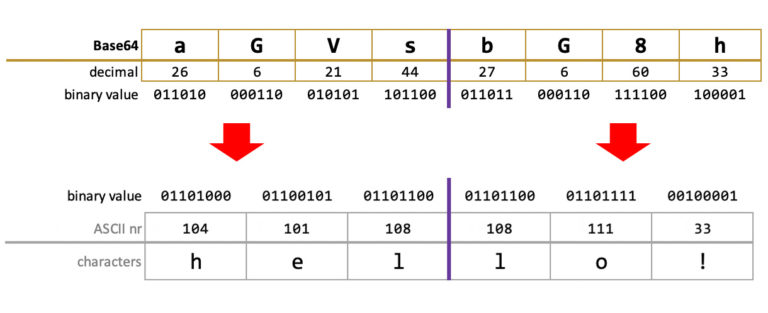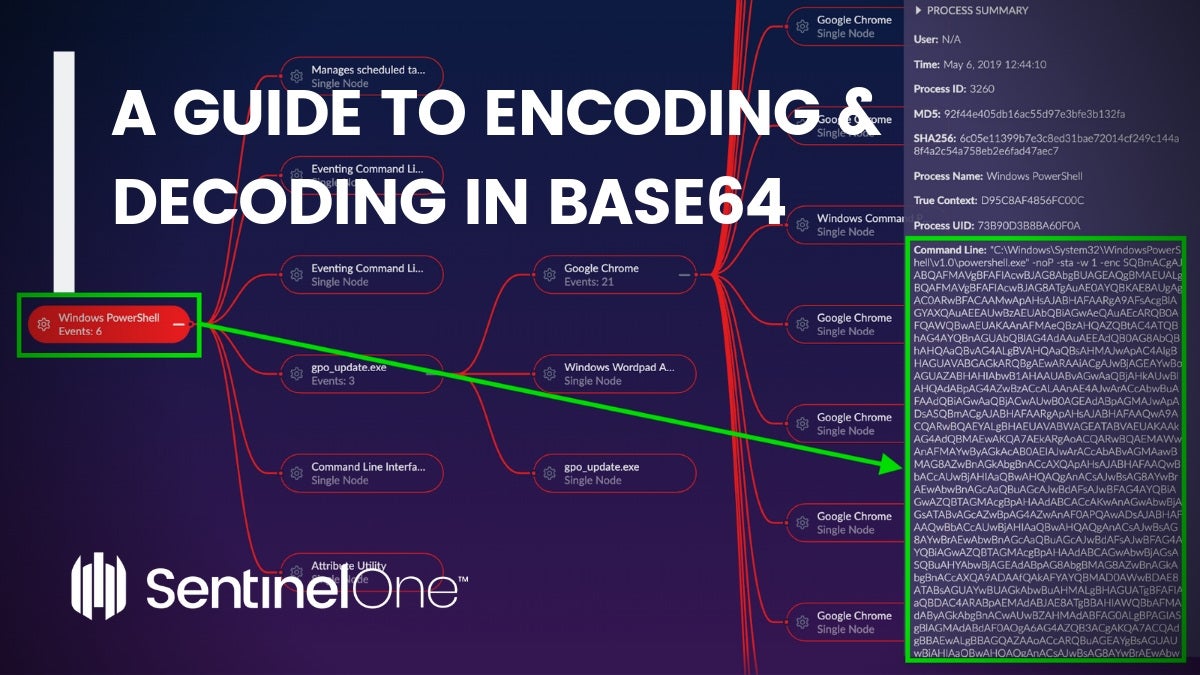

With this module, you have the advantage of not relying on any dependencies, but it isn't very developer-friendly compared to other solutions. Base64 encoding schemes are generally used when there is a need to encode binary information that needs to be stored and transferred over media that are developed to deal with textual information. HTTP – the Standard Libraryįor the purpose of making comparisons, let's start by taking a look at the default HTTP module without Promises and async/await. The btoa () method creates a Base64 -encoded ASCII string from a binary string (i.e. So it's time for an updated guide!Īs in the other post, we’ll be using NASA’s Astronomy Picture of the Day API as the JSON API that we are interacting with in all of these examples because space is the coolest thing ever.īefore moving on, make sure you have up to date versions of Node.js and npm installed on your machine. Base64 encoding is commonly used when there is a need to transmit binary data over media that do not correctly handle binary data and is designed to deal with textual data belonging to the 7.

It’s designed to carry data stored in binary format across the channels, and it takes any form of data and transforms it into a long string of plain text. It's no different than hexadecimals in that respect, although it is of course more space efficient but less 'readable'. It also always fits in any text, UTF-9 or ISO/IEC 8859-1. This encoding helps to ensure that the data remains intact without modification during transport. Base64 is a group of similar binary-to-text encoding schemes that represent binary data in an ASCII string format by translating it into a radix-64 representation. or any number of base64 encoded sha256 hashes preceded by sha256// and sepa-. In computer programming, Base64 is a group of binary-to-text encoding schemes that represent binary data (more specifically, a sequence of 8-bit bytes) in sequences of 24 bits that can be represented by four 6-bit Base64 digits. Base 64 uses the characters A-Z, a-z, 0-9 as well as / and + Finally it uses the padding character. Base64 encoding schemes are commonly used when there is a need to encode binary data, especially when that data needs to be stored and transferred over media that are designed to deal with text.
#SUPERAGENT BASE64 ENCODING CODE#
It represents binary data in a printable ASCII string format by translating it into a radix-64 representation. Base64 is a binary to a text encoding scheme that represents binary data in an American Standard Code for Information Interchange (ASCII) string format. If this op- tion is used and the server sends an unsupported encoding. On top of that, Request, the previously most popular HTTP library for Node has been deprecated. Base64 is a binary-to-text encoding scheme. But now that async/await functionality is more pervasive and mainstream in JavaScript code, making network requests is more straightforward than ever. Let’s take a look at some of the most popular ones.Ī few years ago, I wrote a similar post on this topic. When it comes to Node.js there are a fair amount of solutions to this problem both built into the language and by the community. The username:password part must be base64 encoded.

send ( ).Making HTTP requests is core functionality for modern languages and one of the first things many developers learn when acclimating to new environments. SuperTest is based on SuperAgent which provides the auth method to facilitate Basic Authentication.

Const superagent = require ( 'superagent' ) // callback superagent.


 0 kommentar(er)
0 kommentar(er)
